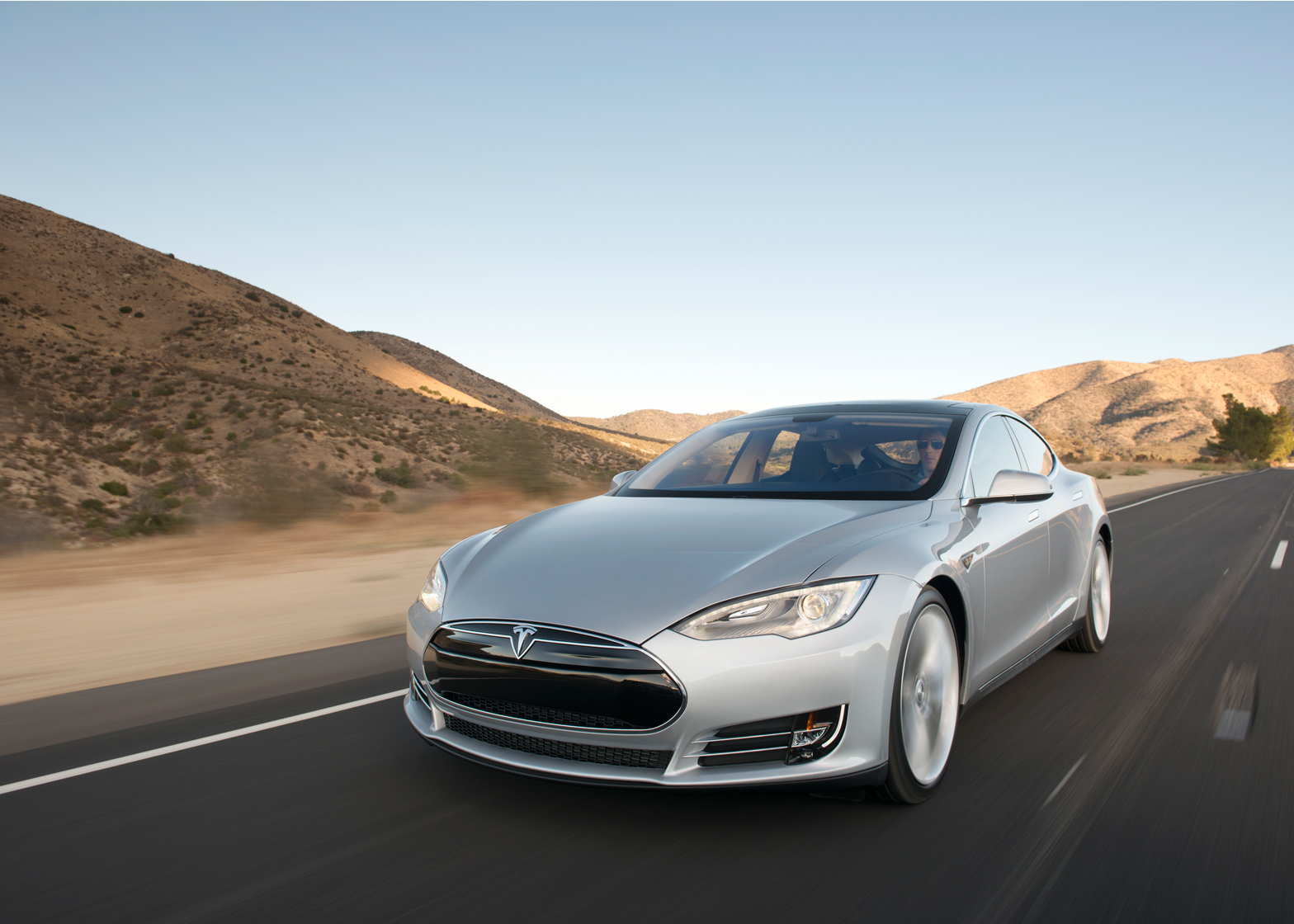Electric car manufacturer Tesla plans to produce fully self-driving cars to compete with Google, the brand's CEO Elon Musk has revealed.
A tweet posted by Musk on 20 November said the company was "ramping up the Autopilot software team at Tesla to achieve generalized full autonomy".
Tesla's Autopilot software, which was launched in October, provides vehicles with partial autonomy.
But it is now aiming to produce fully driverless vehicles with the software, competing with Google and major car brands who have begun to experiment with autonomous technologies.
Musk said he would be personally recruiting new staff to expand Tesla's Autopilot team, adding that developing driverless technology was "super high priority".
"We are looking for hardcore software engineers. No prior experience with cars required," he said.
"Should mention that I will be interviewing people personally and Autopilot reports directly to me," added Musk. "This is super high priority."
With the existing Autopilot system, cars are able to stay within their own lane, maintain distance from other vehicles, park themselves, and change lanes automatically, as well as collect data from the driver's habits.
"Tesla's Autopilot is a way to relieve drivers of the most boring and potentially dangerous aspects of road travel – but the driver is still responsible for, and ultimately in control of, the car," Tesla explained in a statement.
According to Musk, in the future the Autopilot system could also be used by owners to call their cars to come pick them up.
"You'll be able to summon the car and it will come to wherever you are," he explained. "It can even go a step beyond that... if you have your calendar turned on, it'll meet you there".
Although current laws governing road safety mean Autopilot can't be used on public roads, owners can use it on private land.
Tesla's Model SD – an update on its Model S range – is the first car to have Autopilot built in. The system includes sensors that can detect potential collision risks, as well as a front-mounted camera that can detect road features and pedestrians.
However Tesla isn't the only company placing its bets on the future of driverless vehicles.
Google's driverless car was declared fully functional in 2014, and the company was recently granted a patent for methods that could be used by its self-driving cars to communicate with pedestrians, including robotic hands.
Volvo has also designed a concept car that would allow drivers to relinquish control when their journey gets boring, and Mercedes-Benz's Vision Tokyo is a self-driving concept vehicle for "young, urban trendsetters".
Although Musk has stated he believes fully autonomous cars are at least three years away, the CEO has also suggested that cars driven by humans would be outlawed when self-driving vehicles are proven to be safer.
"People may outlaw driving cars because it's too dangerous," said Musk. "You can't have a person driving a two-tonne death machine."
A strategist from car brand Audi recently told Dezeen that driverless cars could also spell the end for domestic air travel.

